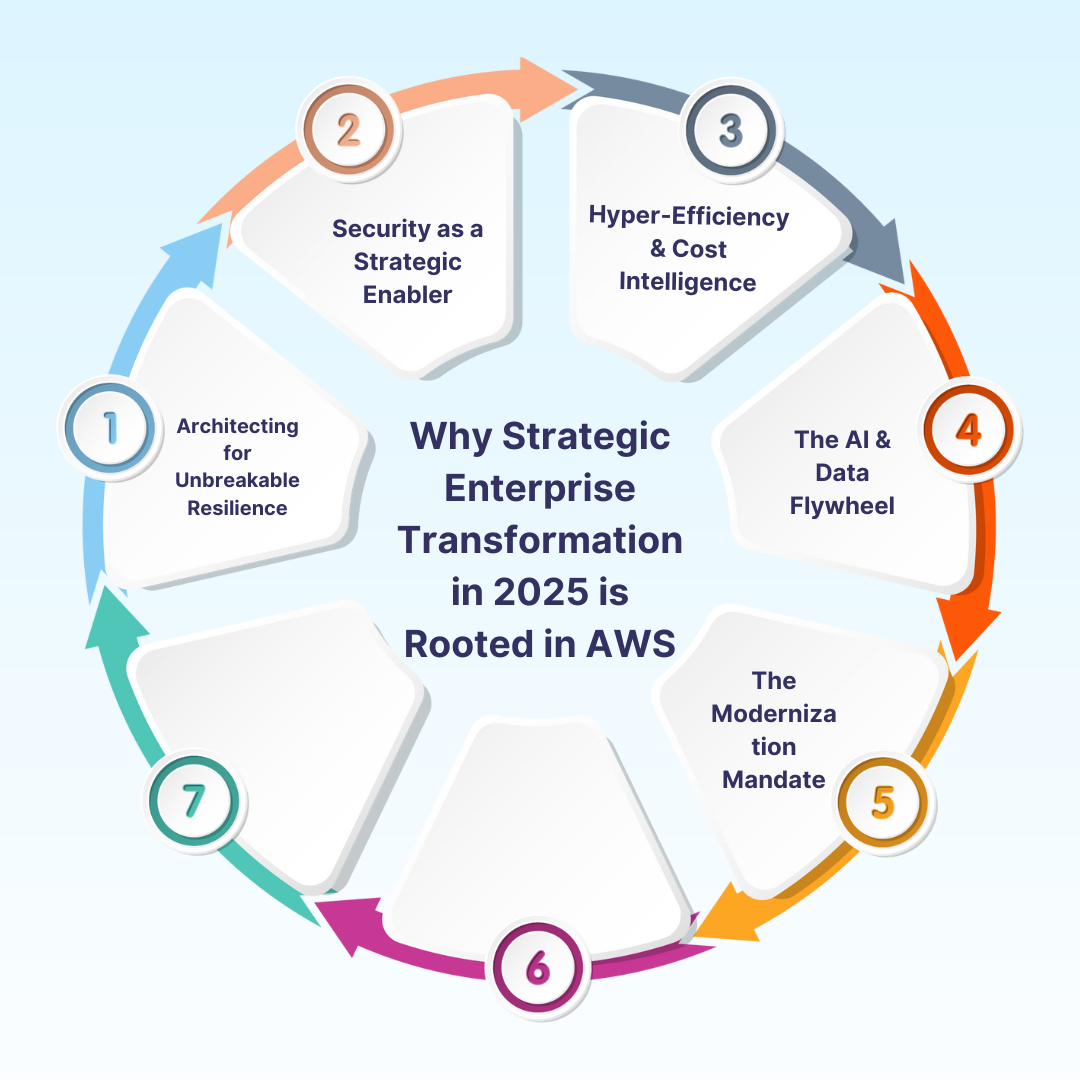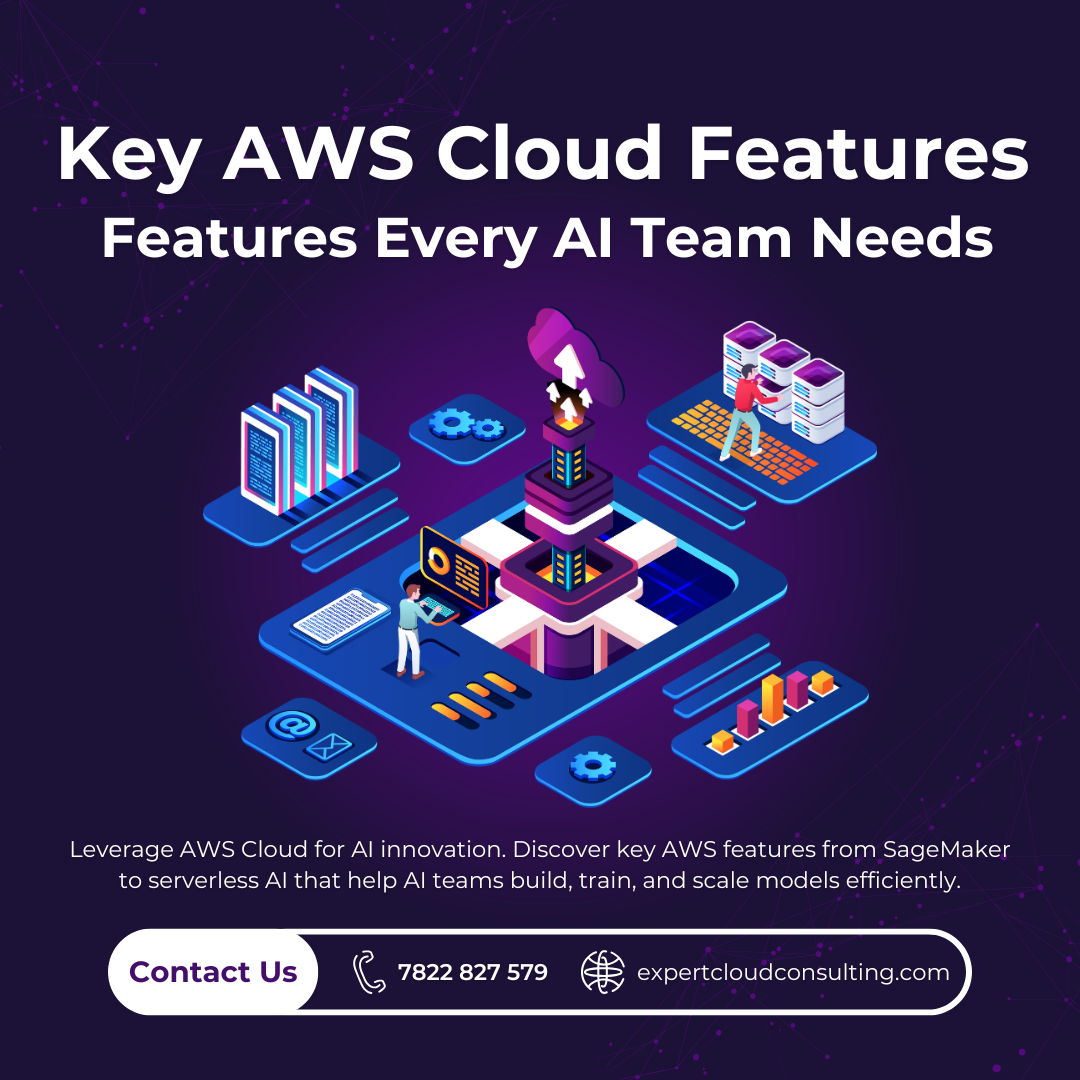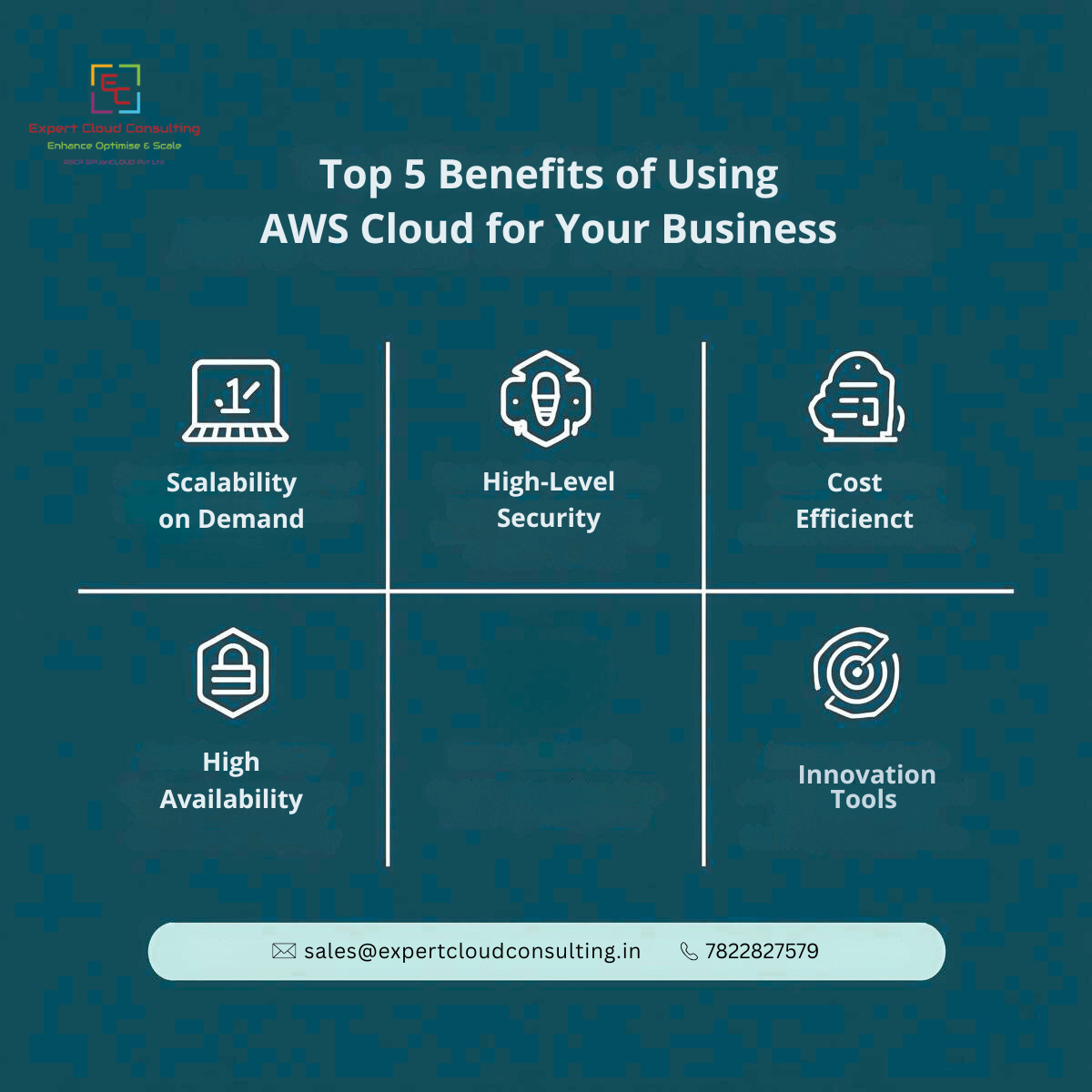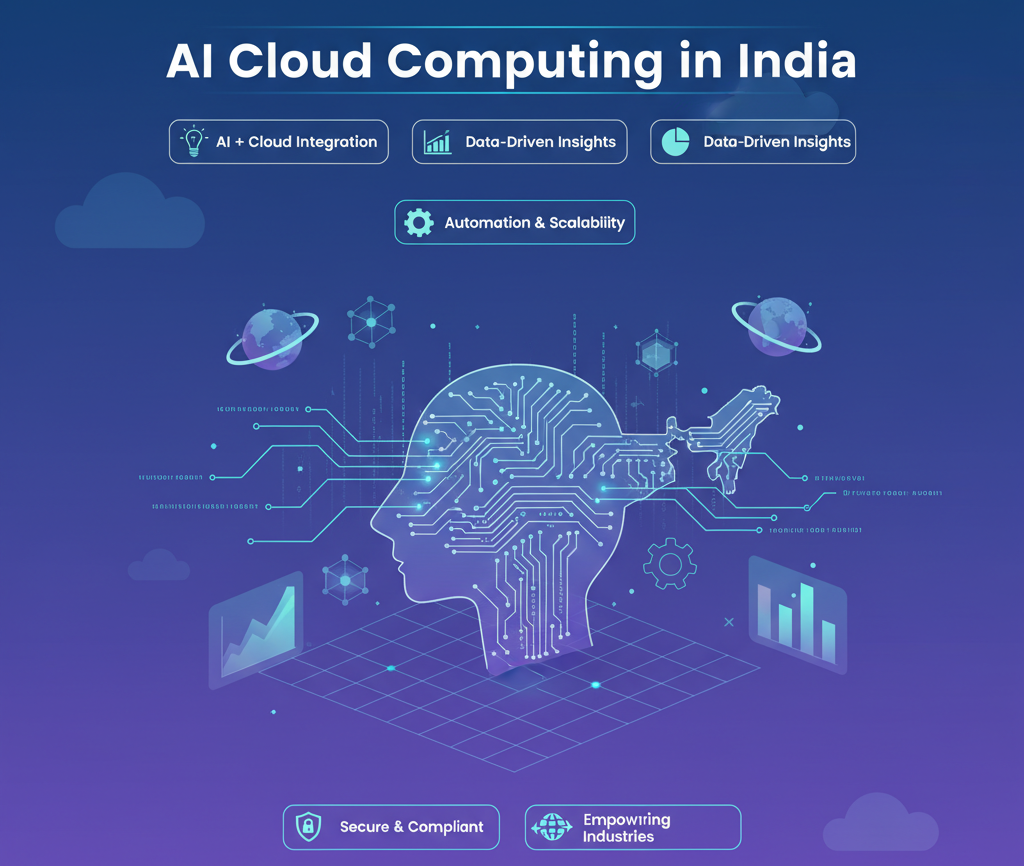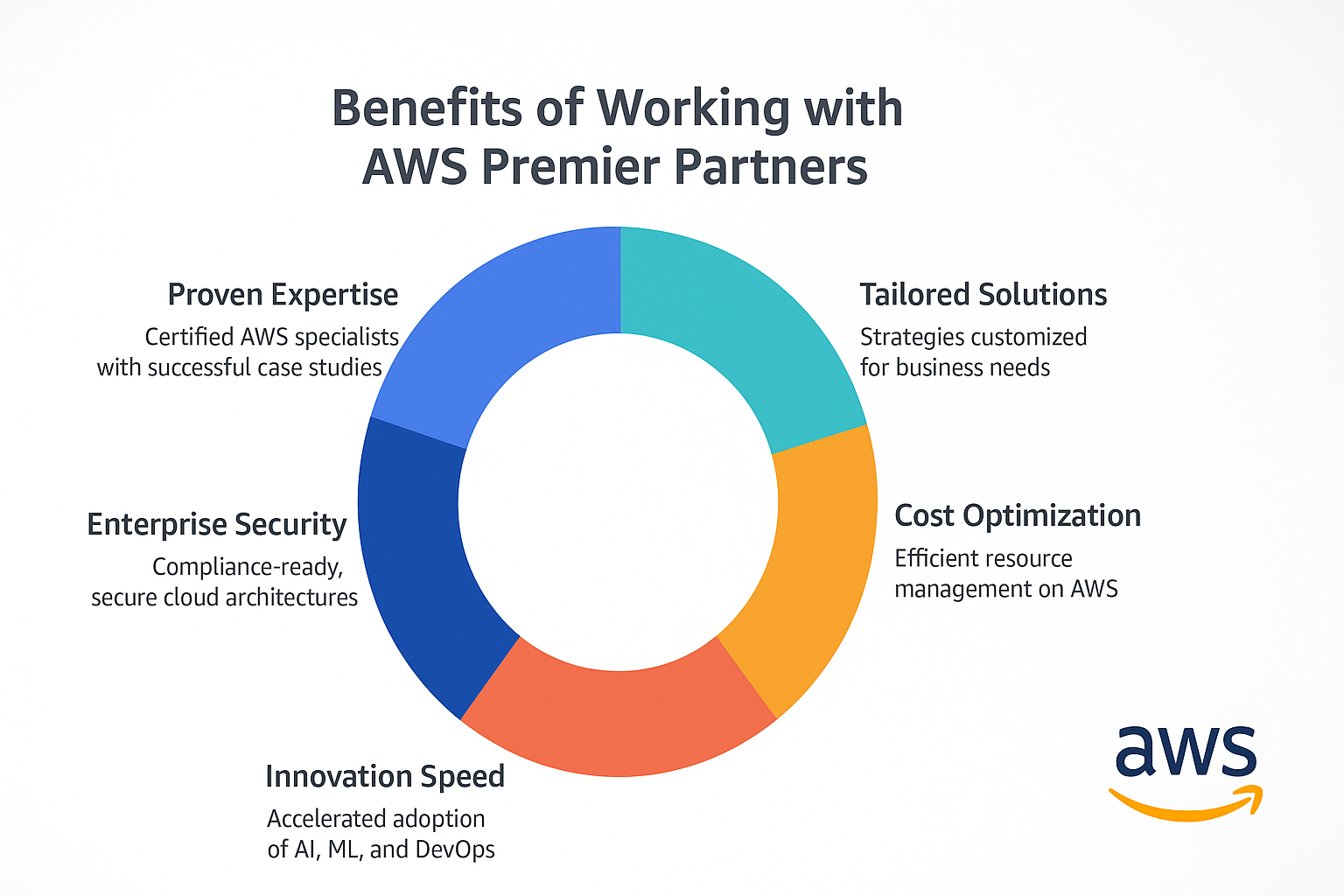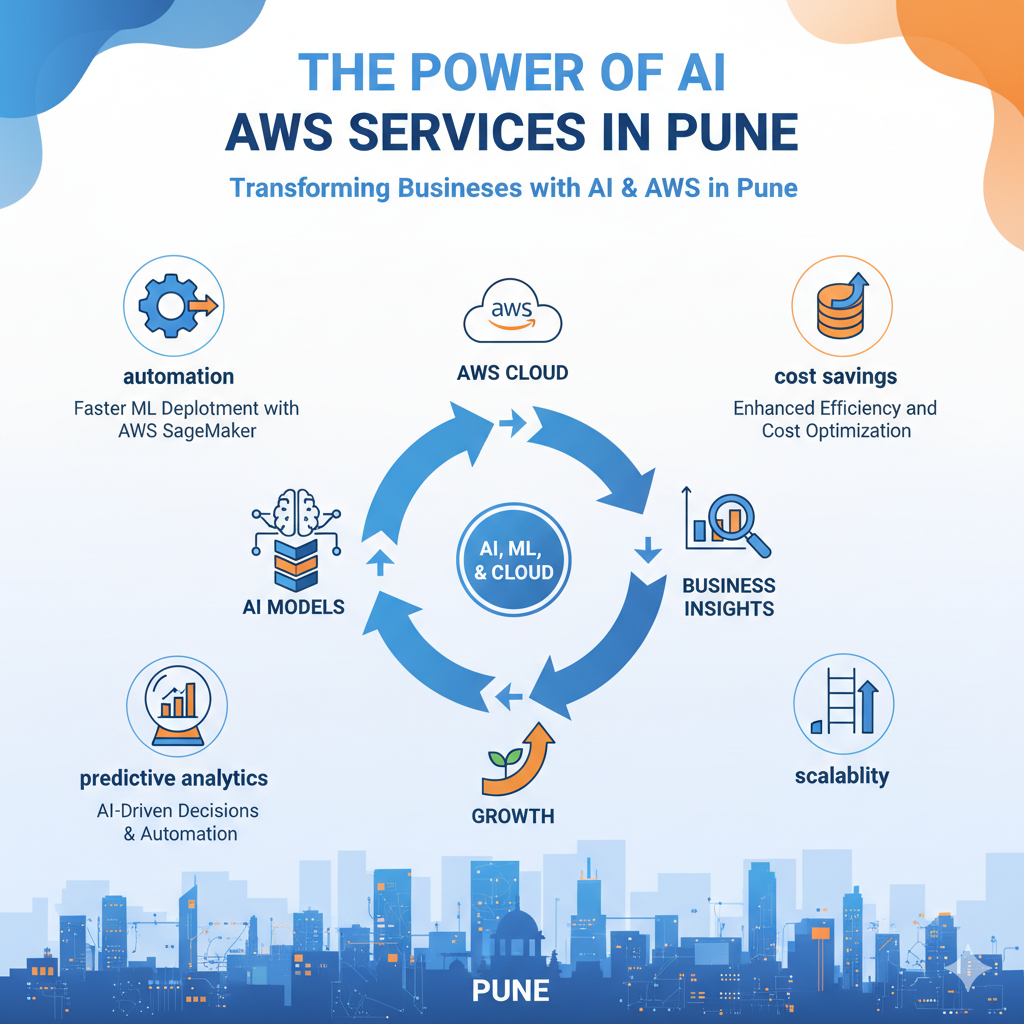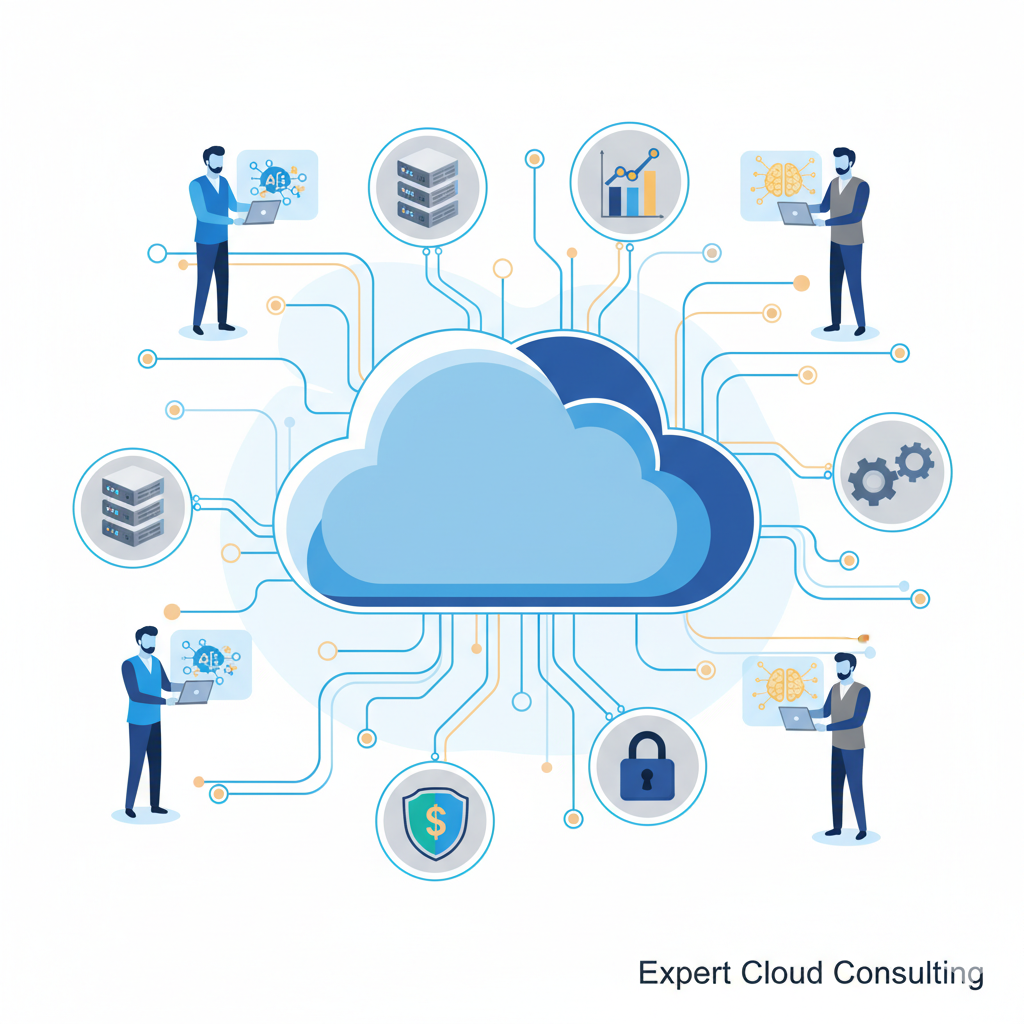- Introduction 🚀In Rapidly evolving healthcare landscape, reliable data is a crucial driver of progress and innovation. Valid, accessible, and securely managed data forms the foundation for transformative solutions that positively impact patients, providers, and the entire industry. By implementing comprehensive data strategies, healthcare organizations can accelerate digital transformation and groundbreaking discoveries, significantly improve patient outcomes and healthcare quality, enhance provider satisfaction, and optimize overall business operations. This creates a future where innovation truly serves all.The Importance of Data
Reliable data is fundamental for creating transformative solutions in healthcare. Healthcare organizations must capture all relevant information about their data, such as the type of equipment used, storage conditions, and processing details, to build comprehensive datasets. These datasets are essential for feeding into models and enabling advanced analytics, machine learning (ML), and artificial intelligence (AI) to uncover patterns and data-driven decisions that benefit patients. AWS provides scalable storage solutions, advanced analytics tools, and real-time data access, crucial for handling large datasets and generating insights. Services like Amazon S3, AWS Glue, and Amazon Redshift streamline data storage and analysis, while machine learning tools like Amazon SageMaker enable predictive modeling for better patient outcomes.
- Key Challenges facing Healthcares⚡
1️⃣ Data Integration and Interoperability 🕵️Healthcare organizations struggle with integrating data from disparate sources such as electronic health records (EHRs), laboratory systems, and imaging devices. This lack of interoperability hinders the seamless exchange of patient information, leading to inefficiencies and potential errors in patient care. Effective integration is crucial for creating a unified view of patient data, which is essential for coordinated and comprehensive care.
- 2️⃣ Data Security and Privacy 🗝️
Protecting patient data from breaches and ensuring compliance with regulations like HIPAA is a major concern. Healthcare organizations must implement robust security measures to safeguard sensitive information against cyberattacks and unauthorized access. Maintaining privacy while handling vast amounts of personal health data requires sophisticated security protocols and regular audits.
The volume of data generated in healthcare is immense, and managing this data can be overwhelming. Analyzing large datasets to extract meaningful insights for improving patient outcomes and operational efficiency poses a significant challenge. Advanced analytics and machine learning are needed to make sense of this data, but they require substantial computational resources and expertise.
- 4️⃣ Regulatory Compliance📝
Navigating the complex landscape of healthcare regulations is a persistent challenge. Organizations must stay updated with changing regulations and ensure that their practices and technologies comply with legal requirements. Failure to meet regulatory standards can result in penalties, legal issues, and damage to the organization's reputation.Transformative Healthcare Solutions 🌱
- 1️⃣ Accelerating Insights and Innovation
- The power of data accelerates insights and innovation in healthcare. Advanced analytics, ML, and AI enable healthcare providers to make faster, data-driven decisions that benefit patients. By removing data silos and providing easy access to information, healthcare providers can rapidly implement improvements.AWS offers a suite of tools and services tailored for healthcare data analytics and machine learning. With Amazon SageMaker, healthcare organizations can build, train, and deploy ML models quickly and at scale, facilitating the analysis of vast amounts of data to uncover patterns and insights. Amazon Redshift, a fully managed data warehouse, allows for efficient querying and analysis of large datasets, supporting data-driven decision-making processes.
- 2️⃣ Enhancing Predictive Analytics♂
- Predictive analytics leverages historical and real-time data to forecast future events and trends in healthcare. By utilizing sophisticated algorithms and machine learning models, healthcare providers can predict disease outbreaks, identify at-risk populations, and personalize treatment plans. AWS offers robust infrastructure and services that support the large-scale data processing and advanced analytics required for predictive models. Services like AWS Lambda and Amazon Kinesis enable real-time data processing and event-driven architectures, allowing healthcare organizations to analyze streaming data and derive insights promptly. AWS HealthLake, a HIPAA-eligible service, allows healthcare providers to securely store, transform, query, and analyze health data, ensuring compliance with regulatory standards and maintaining data integrity.
- 3️⃣ Research and Genomics🔒
- AWS accelerates biomedical research and genomic analysis by offering high-performance computing (HPC) and storage solutions. Researchers can use AWS Batch to run large-scale batch processing jobs, and AWS ParallelCluster to deploy and manage HPC clusters. Amazon FSx for Lustre provides fast, scalable storage for compute-intensive workloads. These tools enable researchers to analyze massive datasets, identify genetic markers, and develop personalized treatments more efficiently.
- 4️⃣ Remote Patient Monitoring and Telemedicine📝
- AWS powers telemedicine platforms and remote patient monitoring solutions by providing scalable and reliable infrastructure. Services like AWS IoT Core enable the secure connection and management of IoT devices, such as wearable health monitors. AWS Lambda allows for the execution of code in response to events, facilitating real-time data processing and alerts. These capabilities support the delivery of continuous and remote care, improving access to healthcare services, especially in underserved areas.
Conclusion 🗝️
A comprehensive suite of tools and services that empower healthcare organizations to harness the full potential of their data. By utilizing advanced analytics, machine learning, and robust cloud infrastructure, healthcare providers can accelerate insights, enhance predictive capabilities, support cutting-edge research, and enable remote patient monitoring. Embracing these technological advancements not only fosters transformative solutions but also paves the way for a future where data-driven decisions lead to improved patient outcomes and operational efficiency.🌟



